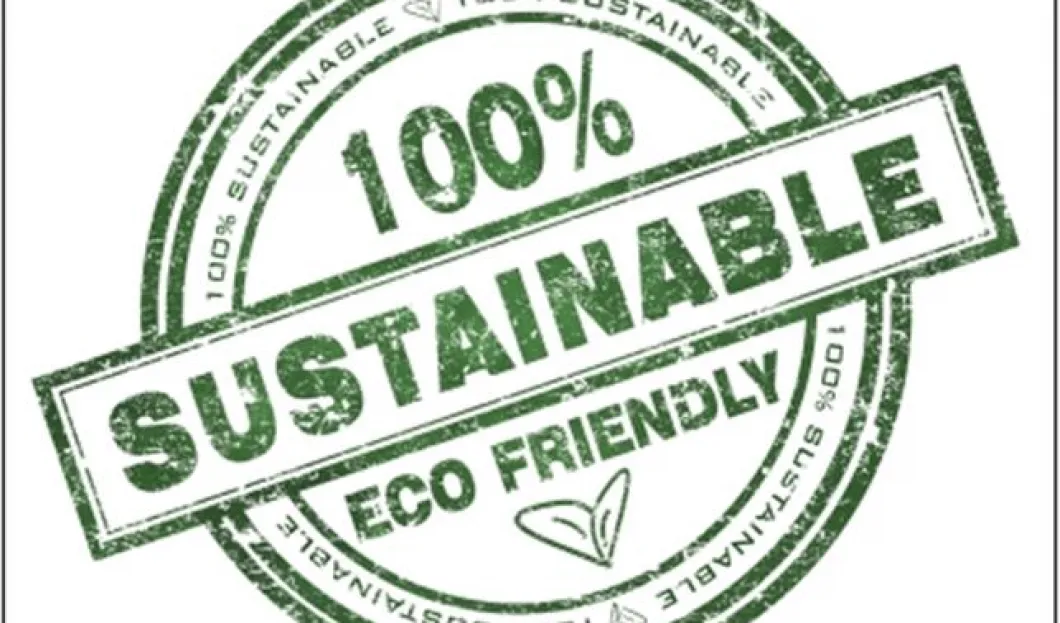
Sustainability and eco labels in tourism are a hot topic since in recent years more than 150 international eco certificates have been established. Naturally, they differ greatly and the traveler may ask which of them are trustworthy.
The first eco labels in tourism emerged around 1987 when the Blue Flag for European coastal zones was introduced. In 1998, the Blue Swallow appeared acknowledging environmentally and socially acceptable accommodation in Germany. In recent years, the number of eco labels increased significantly.
"Worldwide there are about 150 to 180 labels for sustainable tourism," explained Martin Balas of the Academy of Sciences Eberswalde (HNE). Which labels are trustworthy? Which of the certificates truly help protect the environment?
There are several criteria that a good eco label in tourism should follow: Does the project have any sustainability strategy? Is the number of visitors counted? Is the cultural heritage protected? Does it focus on the environmental factors such as water consumption, recycling, light and noise? "The criteria should be transparent and available to the public," said Balas. Some eco labels in tourism fail to publish their evaluation catalogs.
Naturally, there are great differences how the given eco organizations assess these criteria at the service provider. Some of them award the eco labels from behind the table in their office, others send external experts to evaluate the projects.
An important question for the travelers looking for trustworthy eco labels is whether the label has been recognized by the Global Sustainable Tourism Council (GSTC). It is the largest independent international interest group for sustainable tourism. GSTC considers who stands behind the eco label, what the required criteria are to get certified, how reliable the test method is, what emphasis is put on sustainability, and what businesses are certified. So far, 26 eco labels in tourism have been recognized by GSTC.
"The question of the best eco label may not be answered. Based on the diversity of tourism, the diversity of the eco labels has developed as well," explained Herbert Hamele, founding member of GSTC.
There are regional, national and international certificates and labels that recognize sustainable hotels, campsites, tour operators, and even car washes. Moreover, some eco labels in tourism focus on the environmental criteria, such as the GreenKey label by the Foundation of Environmental Education (FEE), which has been awarded to 2400 companies.
Other labels cover all three pillars of sustainability, including social and economic components. These include the Germany label TourCert developed by Tourism Watch and the HNE Eberswalde for tour operators, travel agencies, and accommodation providers. Green Globe also distinguishes sustainable hotels, resorts, tour operators, car rental companies and convention centers. It has been awarded more than 540 times.
To improve the transparency, 6 years ago there were efforts to develop a single certificate. The label by the Tourism Sustainability Council (TSC) should include sustainability criteria for all tourist attractions in the world and facilitate sustainable travel. However, the plan failed, thanks to wide differences of the recognized companies. An Austrian camp, for example, has completely different basic conditions than an eco-lodge in the jungle of Borneo.
The question remains whether the eco labels in tourism are of any importance to the travelers. "For the tourist, the eco label is a criterion only in the second or third step of decision making, when the given destination and the price meet the requirements and are compared with other offers," said Petra Thomas, CEO at Forum Anders Reisen, an association of sustainable travel companies.
The assumption that sustainable travel is generally more expensive, is according to Ms. Thomas a prejudice caused by the oversupply of travel bargains. Through sustainable travel however many savings are achieved that are passed on to the traveler.











Not always are eco Label what they promise. We ahedered to 2 different Labels. You fill in form, you pay, get the Label but no one comes to check...
Sure not all are like this, but clearly not all Labels are trustworthy.
We think they are meaningless I am sorry to say. Businesses who really want to make a difference will do it anyway and others will just pay the money to get the label. The consumer in the middle knows very little of what they mean anyway.